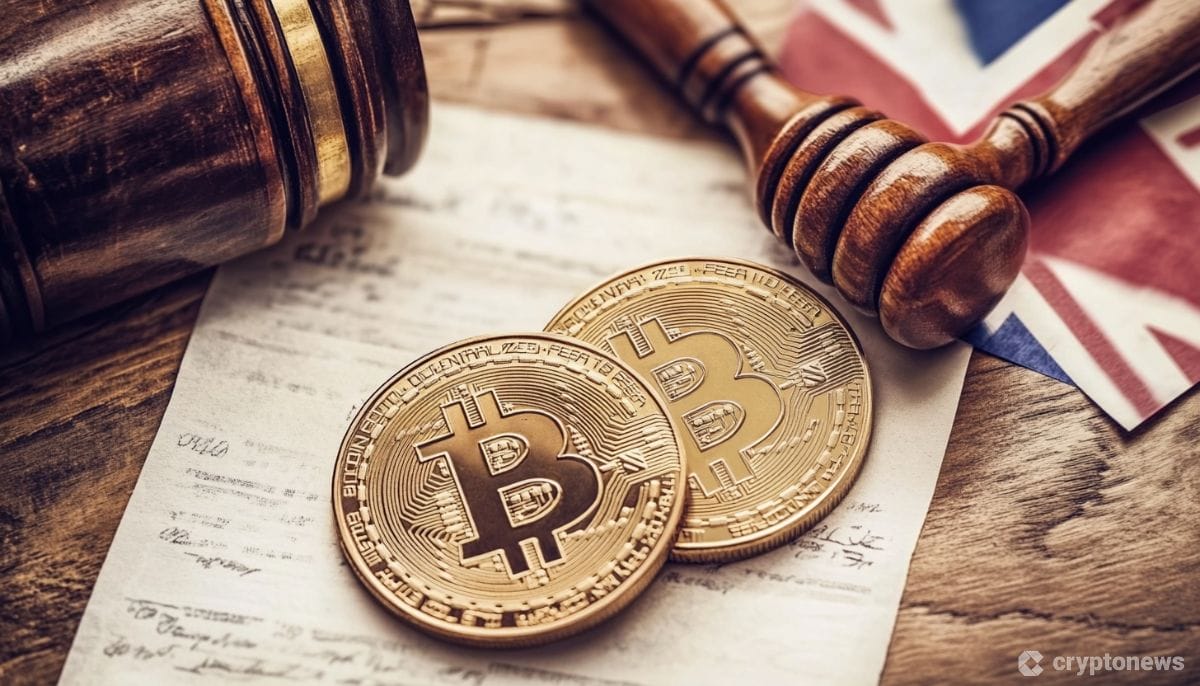The UK Parliament recently introduced the Property (Digital Assets, etc.) Bill on September 11, signaling a significant step towards clarifying the legal status of digital assets, including cryptocurrencies, non-fungible tokens (NFTs), and other tokenized assets. This bill is groundbreaking as it will formally recognize digital holdings as personal property under English and Welsh law for the first time in British history. The legislation aims to provide enhanced legal protection for owners of digital assets, offering safeguards against fraud and scams.
The Property (Digital Assets, etc.) Bill proposes the establishment of a new category of personal property specifically for digital assets, alongside existing categories such as “things in possession” and “things in action.” This new category will allow certain digital assets, including cryptocurrencies and NFTs, to be treated as personal property under British law. This move is crucial in addressing the legal uncertainty surrounding digital assets, providing clarity for owners who previously found themselves in a legal grey area when their assets were tampered with or interfered with.
Justice Minister Heidi Alexander highlighted the importance of updating the law to keep pace with evolving technologies, emphasizing the need for clear and updated legislation to support the digital asset sector. By providing legal recognition and protection for digital assets, the bill is intended to assist judges and legal professionals in resolving disputes related to digital asset ownership, including cases involving divorce proceedings, fraud, and disagreements over asset ownership. This legislation aims to bring essential protections to digital asset owners, ensuring greater security and confidence in the sector.
With the formal recognition of digital assets as personal property, the UK aims to solidify its position as a global leader in the tech industry. The legislation is expected to attract more business and investment to the UK’s legal services sector, which already plays a significant role in the economy. Justice Minister Alexander noted that English law governs a substantial portion of global legal matters, highlighting the importance of updating the legal framework to maintain the country’s status as a preferred jurisdiction for international legal services.
The introduction of the Property (Digital Assets, etc.) Bill follows recommendations from the Law Commission, which conducted a comprehensive review of digital assets and proposed legislative solutions to address obstacles in recognizing digital assets as property under English and Welsh law. The timing of this bill is crucial in light of recent challenges in the UK’s crypto regulation landscape, including a high failure rate among crypto firms seeking licenses under anti-money laundering regulations. Once enacted, this bill will provide a transparent legal framework for handling digital assets, offering clarity and confidence to both owners and businesses operating in the digital asset space.
In conclusion, the Property (Digital Assets, etc.) Bill represents a significant advancement in the legal recognition and protection of digital assets in the UK. By formally acknowledging digital holdings as personal property, the legislation aims to strengthen the legal framework surrounding digital assets, provide essential protections for owners, and position the UK as a competitive player in the global digital assets space. This bill underscores the importance of adapting laws to keep pace with technological advancements and offers reassurance to digital asset owners in an evolving regulatory environment.











